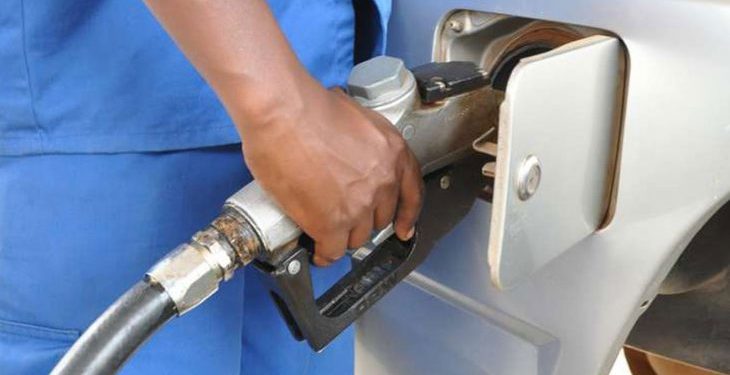The International Monetary Fund (IMF) has set a fresh loan condition requiring Kenya to drop the fuel subsidy programme by October 2022.
This would see Kenyans pay over Ksh200 for a litre of petrol or diesel, making it an expensive affair at the pump.
Every month, the Kenyan government uses an average of Ksh7.65 billion for fuel subsidies in a bid to keep the prices low.
The new push by IMF is one of the conditions attached to the 38-month budget support scheme of a Ksh270.2 billion ($2.34 billion) loan package.
“The authorities intend to continue gradually realigning domestic to global fuel prices in FY2022/23 so as to eliminate the fuel subsidy by October 2022,” the IMF said in the third programme review.
“The authorities also plan to complete by end-July 2022 a review of application of Kenya’s fuel pricing mechanism and constitute a taskforce to oversee the progressive elimination of the fuel subsidy within the first half of FY2022/23 and to ensure that fuel pricing actions are at all times aligned to the approved budget (new structural benchmark).”
Read: Gov’t Subsidy Saves Kenyans From Excessive Fuel Prices Hike
Kenya had kept away from direct budget funding from institutions such as the IMF and the World Bank during former President Mwai Kibaki’s administration, with most of the funds coming in the form of project support.
The current government has however shifted to the institutions for conventional loans in the wake of Covid-19, making the institutions have a say in the running of government.
Currently, a litre of diesel is retailing at Ksh140 per litre, petrol at Ksh159.12 and Kerosine at Ksh127.94.
This follows an earlier announcement by the government of a Ksh16.7 billion fuel subsidy to prevent fuel prices from hiking in July.
In a statement on Thursday, July 14, 2022, Statehouse Spokesperson Kanze Dena said that the fuel subsidy will ensure that the prices do not hike, consequently hiking the cost of living.
Read: Fuel Crisis: Gov’t To Punish Oil Marketers Causing Fuel Shortage
Without the intervention, it was expected that the pump prices would have hit Ksh193.64 for diesel, Ksh209.95 for petrol and Ksh181.13 for Kerosene.
“As a caring Government, we will continue to roll out similar actions so as to provide further direct relief to all Kenyan families and establish the necessary safeguards for protecting Kenyan consumers from further increases in the cost of living,” she added.
The average landed cost of imported Super Petrol increased by 19.04% from US$876.05 per cubic metre in May 2022 to US$1,042.85 per cubic metre in June 2022; Diesel increased by 2.20% from US$997.35 per cubic metre to US$1,019.29 per cubic metre while Kerosene increased by 6.83% from US$905.60 per cubic metre to US$967.42 per cubic metre.
Email your news TIPS to editor@thesharpdaily.com

















